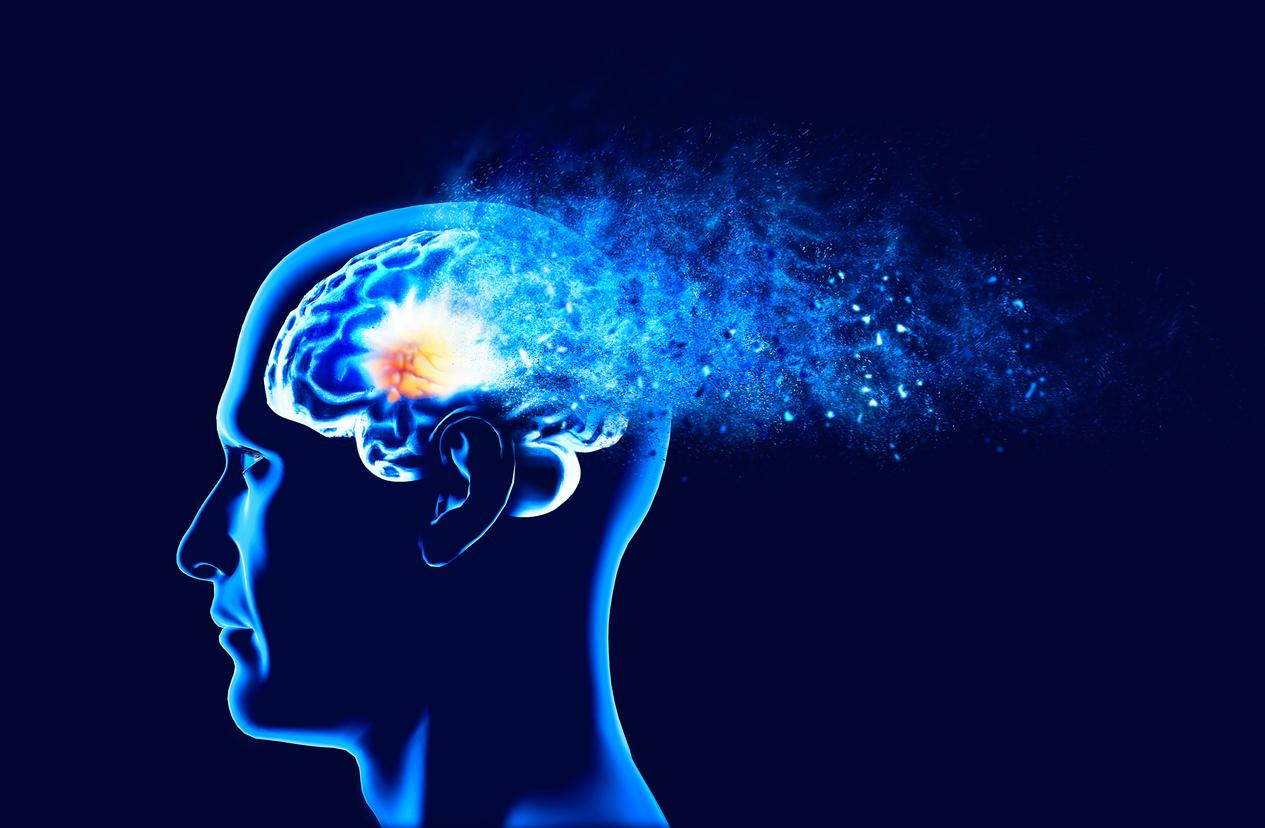On the Kennedy assassination and deja vu
Your brain is not a computer that blindly stores all information. Some events are not remembered, others are very vivid. You sometimes even remember things that didn’t even happen. What’s going on in your head anyway? We explain four special phenomena of memory.
Flashlight Reminders
There is a good chance that you remember exactly where you were when you heard about the attack on the Twin Towers. Or what you did when Pim Fortuyn or President Kennedy were assassinated. You can still remember it in scents and colors. That’s strange, because you probably don’t remember what you were doing on a random spring day in 2005. Because these are such bright memories, they’re called “flashlight memories.”
There are two main reasons why these memories are so imprinted on your retina. First, you have repeated them many times. You still read articles about the attacks in New York and you are subconsciously reminded of September 11 every time. You have probably also often discussed it with others; where you were and what you did. In short, you think about it more often than about a ‘normal’ day. The other reason is that there were great emotions involved. Because you were upset about the attack, it stays with you better. This is due to a substance that is released in your brain during intense feelings.
déjà vu
Sometimes you suddenly, in the middle of the day, have the feeling that you have experienced that situation before. You can’t really predict it, but everything that happens feels strangely familiar. It takes a few seconds and as soon as you start paying attention, it’s gone. It is a so-called ‘déjà vu’. This is French for ‘seen before’.
It was thought for a while that they were memories from a past life or that you accidentally repeat something you did once before. But if you do the same thing twice on purpose, you won’t get déjà vu.
How it works exactly is still not clear. But nowadays it is thought that you are not so concentrated during a déjà vu. Your brain works at a slightly lower level for a while. As a result, you don’t see things as bright and colorful as usual and what you are experiencing seems like a vague memory.
false memories
Memory is often thought of as a library. Memories are captured, every now and then you take a book off the shelf and leaf through it, but the memory is never rewritten. But in reality the memory is being rewritten. While you can vividly recall the images, it doesn’t have to be what actually happened. Memories are in flux, they can change a little each time. For example, if you ask people how they met, the two stories often differ. Even though they were both really there.
For therapists, this means that they have to be very careful. They can inadvertently talk patients into false memories. With their white coats and their diplomas on the wall, they seem very credible to patients. An example: In the 1980s there were suddenly a lot of children in the Groningen village of Oude Pekela who believed that they were being abused by pedophiles dressed as clowns. These ideas came to them from the therapists who asked leading questions: “Is it a man in a clown suit?” In the end, the whole story turned out to be false. But the kids remembered it as if it had actually happened.
Smell and memories
Scents can bring back vivid memories. The typical smell of sawdust, mothballs or pipe tobacco, for example, can all trigger thoughts of a particular person or moment. Often these memories are very old, from early childhood. The reason for this is that some aromas disappear in your adult life, such as the smell of warm oatmeal porridge or your grandmother’s perfume. But the memory of it remains. Once you smell these scents again, your memories will take you back years.
Often scents only bring an atmosphere with them. Words to describe a smell are hard to find. This is probably because the center in the brain where smells are processed is close to the feeling center. As a result, an emotional label is immediately attached to the scent. Getting this to the speech center takes a much longer route in our brain, so words often fall short.















